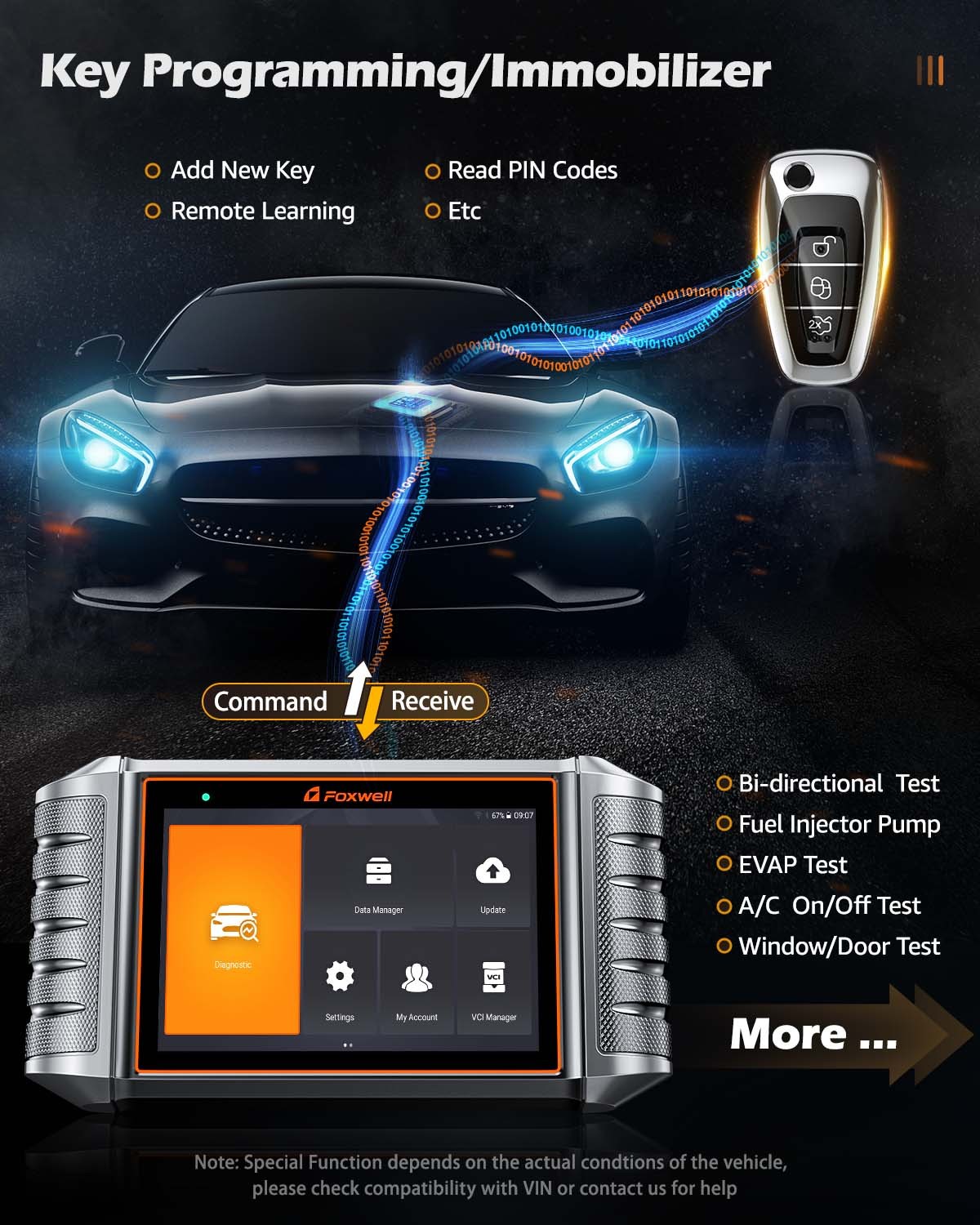OBD2 scanners have revolutionized car maintenance, providing crucial insights into vehicle health and preventing costly repairs. Scanners with Anti-lock Braking System (ABS) and Supplemental Restraint System (SRS) diagnostics are particularly valuable for enhanced safety. An Abs/srs Obd2 Auto Scanner connects to the vehicle’s diagnostic port, retrieving data from its computer system, including engine temperature, fuel system status, and critically, ABS and SRS system codes.
Why ABS/SRS Features are Essential in an OBD2 Scanner
ABS scanners prevent wheel lock-up during sudden braking, maintaining control and preventing skids. SRS scanners diagnose problems with airbags, seatbelt pretensioners, and other critical safety components. An abs/srs obd2 auto scanner empowers drivers to proactively address potential safety issues, ensuring these vital systems function correctly.
Understanding OBD2 Scanners: Capabilities and Functionality
OBD2 scanners are indispensable for automotive maintenance and repair, enabling access to and interpretation of diagnostic data. Key considerations when choosing an abs/srs obd2 auto scanner include vehicle compatibility, ease of use, data accuracy, and connectivity options.
Vehicle Compatibility
OBD2 scanners are designed for vehicles with OBD2 systems, mandatory in the US since 1996. While all scanners provide engine and transmission diagnostics, ABS/SRS system access varies depending on the scanner and vehicle brand. High-end scanners offer customized diagnostics for specific makes and models. Confirming compatibility with your vehicle’s ABS and SRS systems is crucial before purchasing an abs/srs obd2 auto scanner.
User-Friendliness
Intuitive interfaces are vital for effective scanner use. Modern scanners feature LED or touchscreen displays, providing easy navigation through menus and access to live data, code scanning, and vehicle information. Built-in diagnostic trouble code (DTC) libraries with definitions and troubleshooting tips enhance usability, making some scanners ideal for DIY enthusiasts.
Data Accuracy
Accurate data reading is paramount for effective diagnostics. High-quality abs/srs obd2 auto scanners deliver precise readings, enabling accurate identification of issues and facilitating effective repairs. Scanners vary in precision; some read generic error codes, while others provide in-depth insights with manufacturer-specific codes.
Connectivity
Modern OBD2 scanners offer various connectivity options. Basic models connect directly via wire, while advanced scanners utilize Bluetooth or Wi-Fi, enabling wireless diagnostics and access to online resources. Wireless connectivity facilitates remote diagnostics, transmitting data to a connected device, beneficial for mechanics and technicians.
Decoding ABS and SRS Systems
Anti-lock Braking System (ABS)
ABS prevents wheel lock-up during hard braking, maintaining steering control and preventing dangerous skids. This system is crucial for safe vehicle operation, especially in emergency situations. An abs/srs obd2 auto scanner can diagnose issues within the ABS system, ensuring optimal performance.
Supplemental Restraint System (SRS)
SRS encompasses passive safety features like airbags and seatbelts, designed to protect occupants during collisions. A functioning SRS is paramount for minimizing injury in accidents. An abs/srs obd2 auto scanner can identify faults within the SRS, ensuring these critical safety devices are ready to deploy when needed.
How an ABS/SRS OBD2 Auto Scanner Works
An abs/srs obd2 auto scanner interacts with the ABS and SRS modules, reading and clearing diagnostic trouble codes (DTCs). This allows for precise identification of malfunctions within these complex systems. Advanced scanners like Foxwell offer comprehensive functionalities beyond basic code reading.
Key Functions:
- Code Reading and Clearing: Identifying and clearing DTCs related to ABS and SRS malfunctions.
- Real-time Data Monitoring: Observing live sensor data to analyze system performance.
- Bi-directional Control Tests: Activating specific components for diagnostic testing.
- System Bleeding and Calibration: Performing essential maintenance procedures on ABS systems.
- Component Activation and Adaptation: Verifying component operation and adapting new parts to the vehicle’s computer system. These advanced features enable in-depth diagnostics and troubleshooting of ABS and SRS systems.
Legal and Safety Considerations
OBD2 scanners must comply with regulations like those set by the Environmental Protection Agency (EPA) and OBD-II standards. Adhering to manufacturer instructions and safety precautions when using the scanner is crucial to prevent damage to the vehicle’s electronic systems. Always turn off the ignition before connecting or disconnecting the scanner.
Conclusion
An abs/srs obd2 auto scanner is an invaluable tool for modern vehicle owners and professionals. It provides essential insights into critical safety systems, enabling proactive maintenance and ensuring optimal vehicle performance. Choosing the right scanner empowers drivers to maintain their vehicles’ safety and longevity. Investing in a quality abs/srs obd2 auto scanner is investing in peace of mind.
FAQs
How often should I use an OBD2 scanner?
Regular checks, especially before long trips, help maintain optimal vehicle condition.
Are ABS/SRS scanners compatible with all vehicles?
Compatibility varies; check your vehicle’s make and model before purchasing.
What if the scanner detects a fault?
Consult a qualified mechanic for professional inspection and repair.

